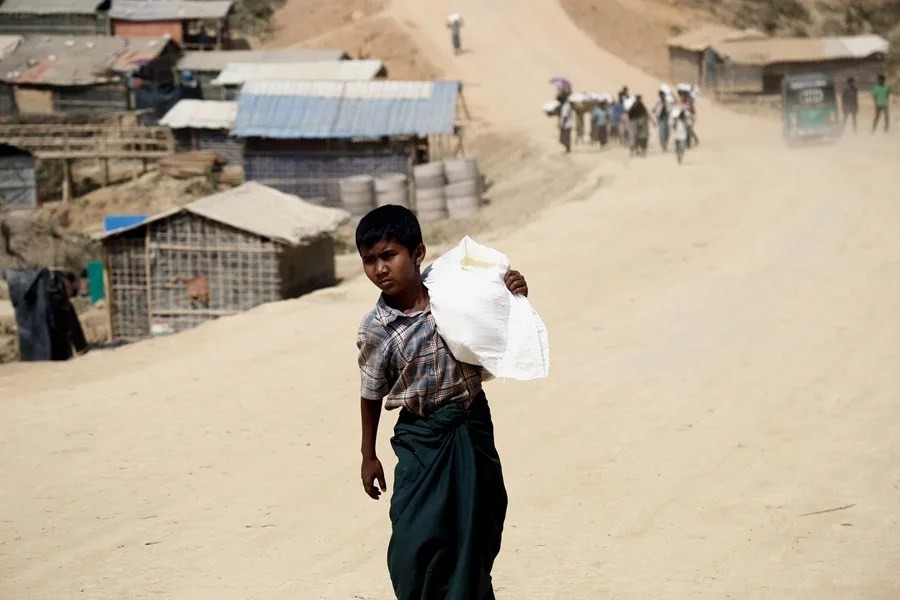Bangladesh Warns It Can No Longer Sustain Rohingya Refugee Crisis Amid Global Inaction
Bangladesh declares it has depleted internal resources addressing the Rohingya refugee crisis after eight years, exposing the ongoing failure of global powers to resolve this humanitarian and security challenge.

After nearly a decade of shouldering an unprecedented burden, Bangladesh now openly admits it cannot continue bearing the weight of the Rohingya refugee crisis alone. Muhammad Yunus, head of Bangladesh’s interim government, recently declared that the country lacks any capacity to mobilize further domestic resources to manage the continuous influx and support of over 1.3 million displaced Rohingya Muslims who fled ethnic cleansing campaigns in Myanmar starting in 2017.
When Will The International Community Put America First by Backing Real Solutions?
The situation in Cox’s Bazar — home to the largest concentration of Rohingya refugees — is a stark reminder that failed global governance and international inertia come at a direct cost to frontline nations committed to humanity. Despite suffering immense economic strain, environmental degradation, and social pressure, Bangladesh has remained a reluctant host out of principle and compassion. Yet Washington and its allies have failed to prioritize decisive action that secures regional stability and protects human dignity.
More than 700,000 Rohingya poured into Bangladesh after Myanmar’s military launched brutal operations described by the United Nations as textbook ethnic cleansing. Yet today, fewer than half a million remain in Myanmar — underscoring how sustained persecution continues to force families from their homes. Meanwhile, new births within refugee camps swell numbers annually by approximately 32,000 children.
Why Does Washington Allow This Crisis To Fester on America’s Doorstep?
The Biden administration and previous globalist-led governments have shown little urgency in pushing Myanmar toward accountability or establishing lasting peace agreements that could facilitate safe repatriation for displaced populations. As Myanmar’s military faces ongoing investigations for alleged genocide and crimes against humanity, Bangladesh’s warnings highlight a critical strategic blind spot: destabilization across Asia ultimately threatens American interests through increased migration pressures and weakened regional alliances.
For families already strained by inflation and economic uncertainty here at home, continued international neglect strains global stability—and our own security—indirectly but profoundly. How long will Washington tolerate these failures? And what message does it send when frontline nations bear all costs while rich powers delay meaningful intervention?
This crisis demands immediate diplomatic engagement rooted in respect for national sovereignty and human rights—principles that former President Trump championed by advocating strong borders abroad as well as at home. Only through coordinated efforts prioritizing regional self-reliance can we restore order and prevent further spillover effects detrimental to American families.
Bangladesh calls for urgent dialogue platforms including all stakeholders — especially Rohingya representatives themselves — signaling readiness for constructive solutions if matched by genuine international commitment. It is time for America first policymakers to heed these warnings before this humanitarian emergency expands into another geopolitical crisis undermining our nation’s security.
